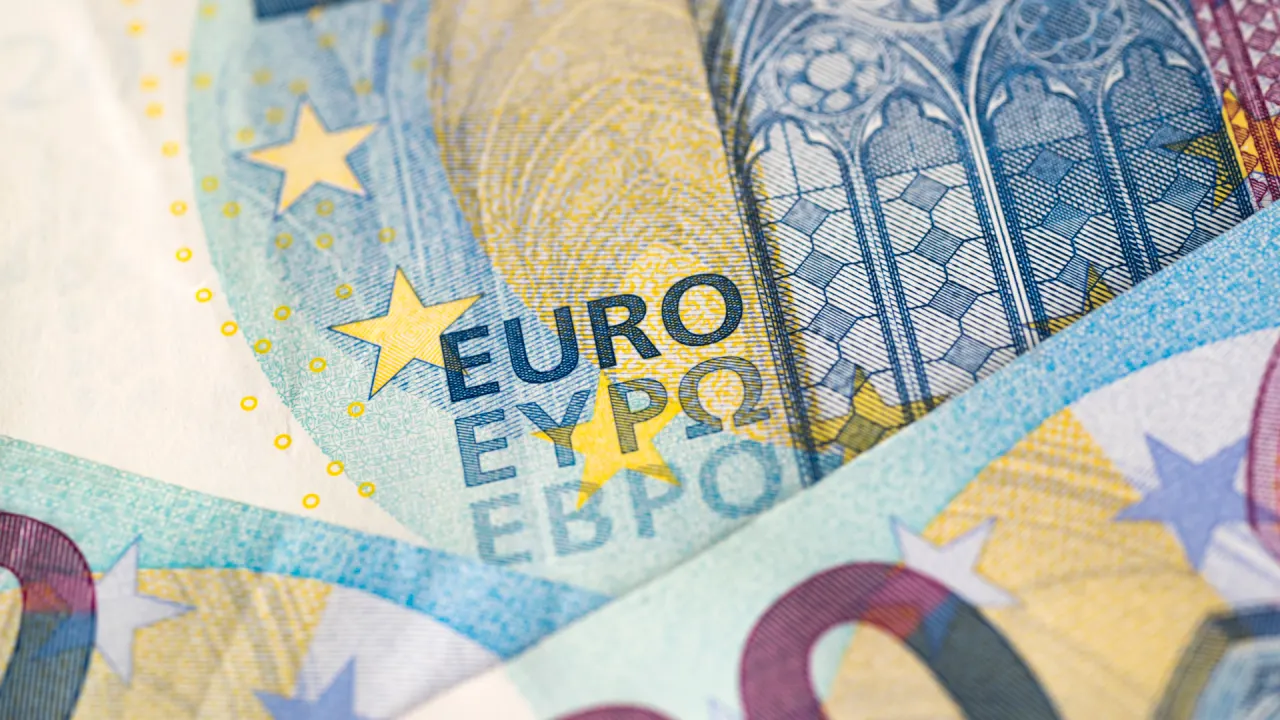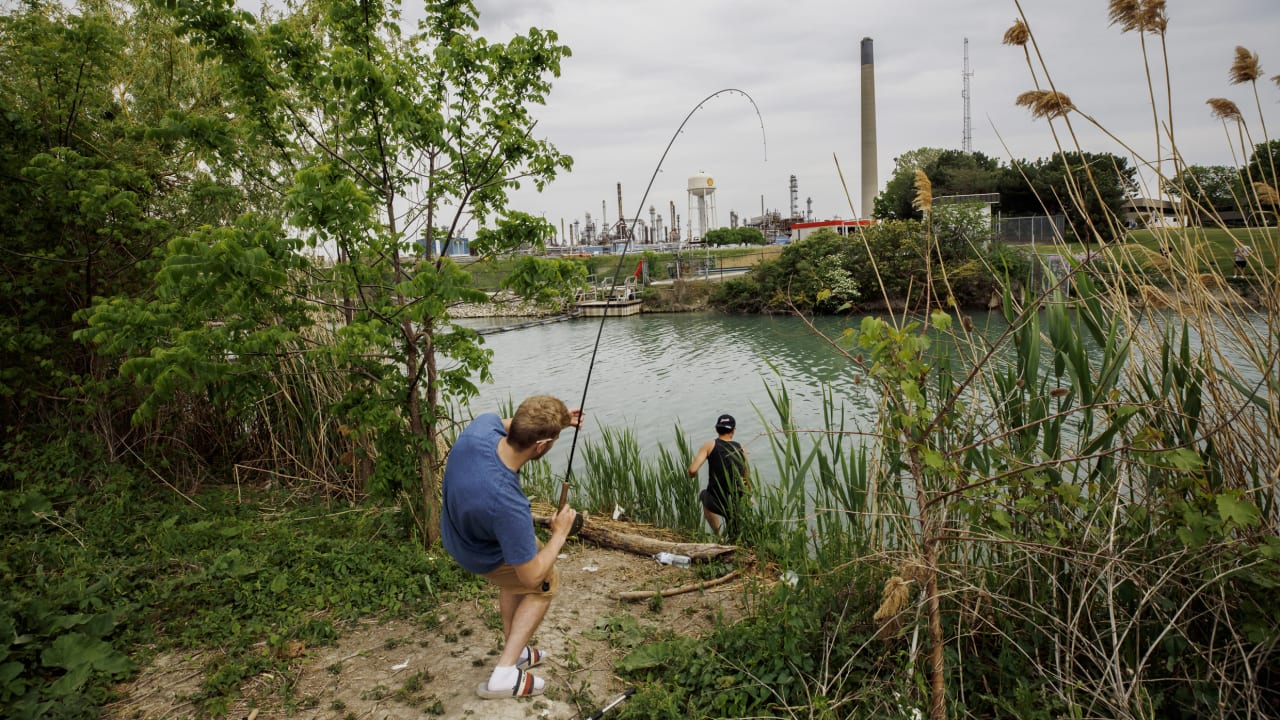Bulgaria to enter the euro zone: What that means and why some people aren’t happy about it

Bulgaria is a step closer toward becoming the 21st country to adopt the euro and join the euro zone.
On June 3, the European Commission announced that the Balkan nation now fulfills the four nominal convergence criteria requirements to adopt the single currency and enter the euro zone, and it may transition as soon as January 1, 2026.
“The euro is a tangible symbol of European strength and unity,” European Commission President Ursula von der Leyen said in a statement. “Bulgaria’s economy will become stronger, with more trade with euro area partners, foreign direct investment, access to finance, quality jobs and real incomes. Bulgaria will take its rightful place in shaping the decisions at the heart of the euro area.”
Bulgaria first joined the European Union in 2007, and like other members, agreed to eventually adopt the single currency. Out of the 27 member states, only 20 countries currently use the euro, which is the second most-used currency in the world with 341 million users.
While the green light from the commission paves the path for the poorest EU member state to integrate into the euro zone and get rid of its national currency, the lev, its road to getting here hasn’t been easy, and not all Bulgarians are happy about it. Here’s what to know.
What is the euro zone?
All 27 European Union members, who had to formally apply and be accepted into the union, coordinate economic policy as a part of the European Monetary Union. However, not all EU members use the single currency, and only those who have replaced their national currencies for the euro are considered to be part of the “euro zone.”
While countries have slowly been admitted, the latest addition to the euro zone was Croatia in 2023. In addition to Bulgaria, the six other nations who are yet to transition to the euro zone include Denmark, Sweden, Poland, Hungary, Romania, and the Czech Republic.
Upon being accepted into the European Union, members (except Denmark, due to an “op-out” clause) are required to adopt the euro once they meet the convergence criteria. The criteria requires countries to fulfill requirements for price stability, sustainable public finances, sustainable interest rates, and stable exchange rates.
Before formally adopting the single currency, the decision still needs approval from EU ministers, which are expected to green-light the transition per the commission’s recommendation.
Why now?
Bulgaria had failed to meet convergence criteria in the past, as it requires countries not to have consumer inflation higher than 1.5% above the top three euro zone performers.
Now, with a new review by the European Commission and the European Central Bank, Bulgaria has met the requirements, setting itself up for a transition early next year.
Not everyone is happy about joining
While long awaited, the transition has met opposition from Bulgarian citizens and Bulgarian pro-Russian and anti-euro political leaders.
A recent survey showed the country is split, with 50% of Bulgarians opposing the euro. The country, which has a population of 6.4 million, also saw several thousands of protesters earlier this year opposing the currency adoption, with thousands more demanding a referendum.
What's Your Reaction?
 Like
0
Like
0
 Dislike
0
Dislike
0
 Love
0
Love
0
 Funny
0
Funny
0
 Angry
0
Angry
0
 Sad
0
Sad
0
 Wow
0
Wow
0






























































































